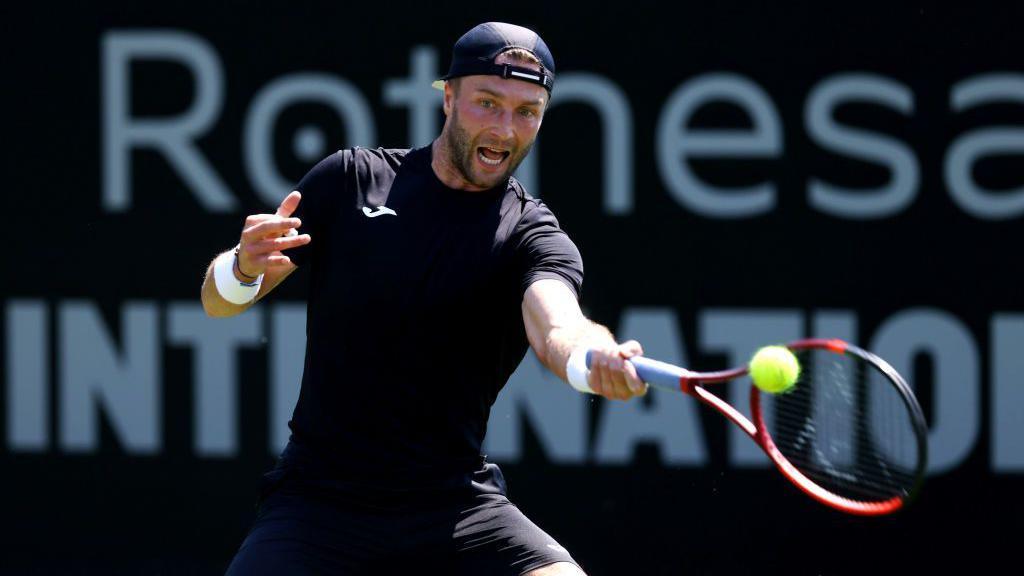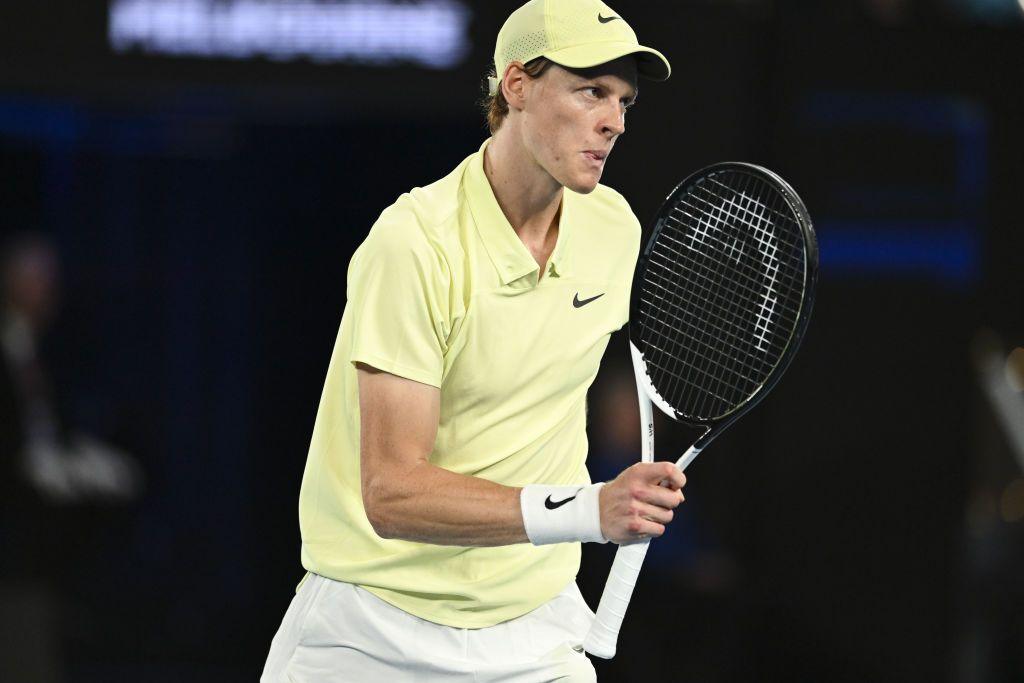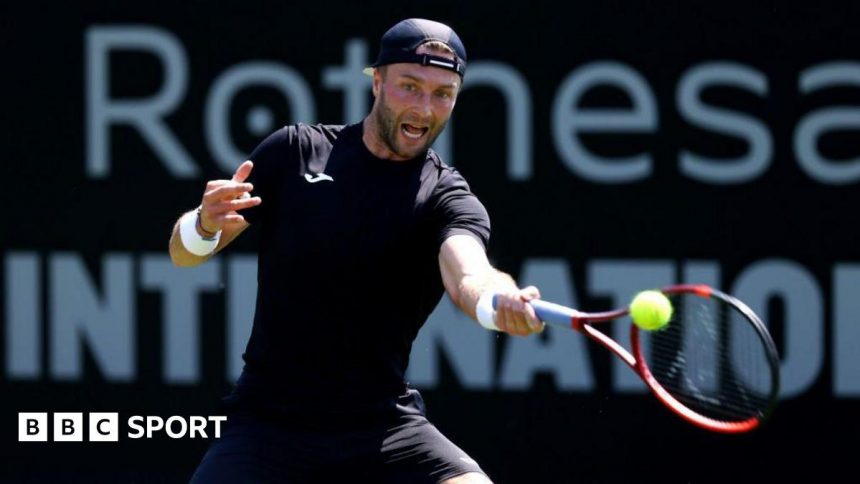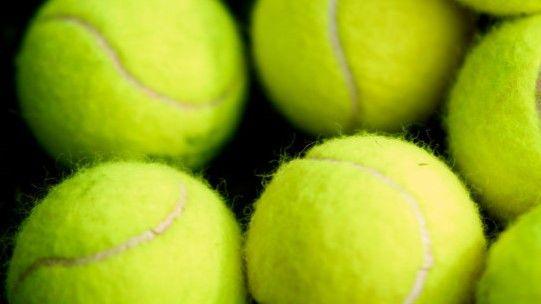Doping ban impacts Sinner as little as possible – Broady

Liam Broady turned professional in 2014
-
Published
Britain’s Liam Broady believes Jannik Sinner’s three-month ban for doping has been timed to impact the world number one’s career “as little as possible”.
The Italian accepted an immediate three-month ban from the World Anti-Doping Agency (Wada) on Saturday after reaching a settlement over his two positive drug tests last year.
The 23-year-old, who won the Australian Open in January, is suspended from 9 February until 4 May, so will be eligible to play at the French Open – the next Grand Slam of the year – which begins on 19 May.
“I do think a lot has been put into when the ban would take place, to impact Jannik’s career as little as possible,” Broady told BBC Sport.
“The ban ends the day before the Rome Masters, which is the biggest tournament in his home country and the perfect preparation for him to then go and play the French Open.
“I don’t think he loses any [ranking] points or his number one spot either, so it’s an interesting ban.
“I was speaking to some people earlier and they said it’s kind of like a Premier League footballer being banned over the summer. It’s a difficult one.”
Sinner was cleared of any wrongdoing by an independent panel after testing positive for the banned substance clostebol in March.
Wada had been seeking a ban of up to two years, having launched an appeal to the Court of Arbitration for Sport (Cas) following the 2024 decision by the International Tennis Integrity Agency (ITIA) not to suspend Sinner.
However, it reached a deal after accepting the player was inadvertently contaminated by a banned substance and “did not intend to cheat”.
World number 766 Broady said he was a “little bit upset at the verdict”, adding that “it doesn’t seem like there’s much being lost from this ban”.
“It does appear to be favouritism towards the better players on the tour,” Broady added.
“I wouldn’t say that he’s done it on purpose, but if that had happened to another player, would we be treated the same way? Would we be afforded the same sort of dignity?”
‘Money should not come into it’

Jannik Sinner has been world number one since June 2024
Broady is the latest player to question Sinner’s ability to navigate the system by employing a high-powered legal team.
“This is how the system is supposed to work, but obviously he has a multi-million pound lawyer team to exploit that and to make the system work correctly, whereas the rest of us don’t,” Broady said.
“In tennis, we’re all sort of self-employed and a lot of us don’t make millions of pounds a year to be able to fight this sort of stuff.
“I would like to see, I don’t know if it’s even possible, the ATP to provide legal teams for everybody, good legal teams, that everybody has to use, be that Jannik, be that Tara Moore when she was banned or Mikael Ymer when he got banned.
“Everybody has the same legal team – money shouldn’t come into it.”
Britain’s Moore was suspended under anti-doping rules in June 2022 but had that ban overturned in December 2023.
Sweden’s Ymer was banned for 18 months because of an anti-doping rule violation.
“I don’t like how the finances have maybe affected the outcome of this compared to other cases,” Broady added.
Daniil Medvedev, who won the US Open in 2021, said it’s a “bad sign” if other players are not afforded the chance to have strong legal representation.
The Professional Tennis Players Association (PTPA) has launched a new scheme to help players facing allegations of doping or corruption to access pro bono legal support in an attempt to ensure access to “world-class legal expertise regardless of a player’s financial standing and personal resources”.
Related topics
-
-
Published31 January

-








